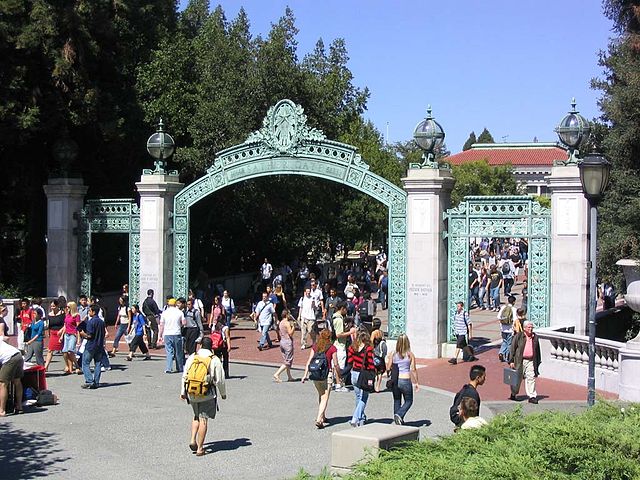 Do you know which college your parents went to? Did you know that you might have a slight advantage when applying to the same college? This practice is known as legacy.
Do you know which college your parents went to? Did you know that you might have a slight advantage when applying to the same college? This practice is known as legacy.
Whereas some colleges allow applicants to qualify for legacy if a grandparent or relative has attended the college, others require the applicant's parent to have attended the college.
Students with legacy gain an advantage in the college admissions process. Some schools use legacy as a tiebreaker between two equally qualified candidates, whereas other schools give candidates a 160 point SAT/ACT boost.
Legacy applicants are approximately five times more likely to get into a university than non-legacy applicants. However, legacy does not guarantee that a student will get into the university; students still need a strong application to get into the university.
Approximately 51% of private universities consider legacy, while 21% of public universities consider legacy.
Why Ban Legacy?
On May 25, Colorado’s governor, Jared Polis, signed a bill ending the practice of legacy in all college admissions in Colorado. Colorado’s decision is part of an effort to make university education more accessible to all students, despite race or economic status.
Since most legacy applicants are from wealthy, well-educated families, it further widens the gap between social classes instead of minimizing it. Getting rid of legacy allows all people, regardless of their family status, to have an equal chance of getting into a university and move up the economic and social ladder.
By becoming the first state to remove legacy, Colorado’s actions may inspire other states to follow suit.
Sources: NPR, US News






